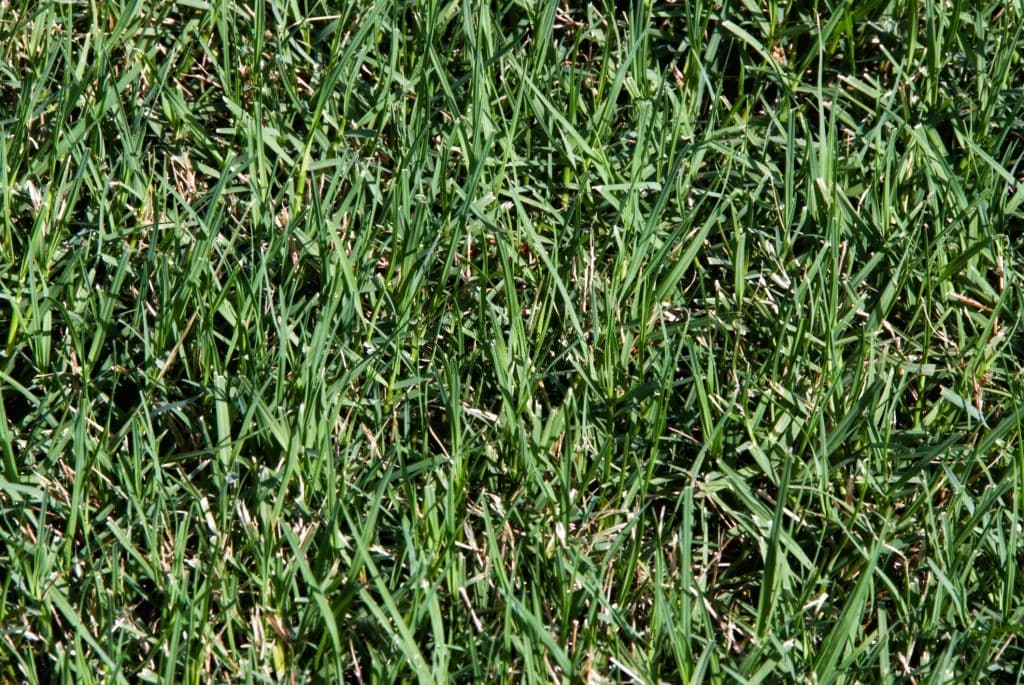Keeping up with the day-to-day preservation of your lawn can go a long way in
improving the quality of your Bermuda grass. However, once-a-year maintenance
projects can result in thicker, greener, and overall healthier grass on a more long-term
scale.
Homeowners will often find that aerating their lawn helps loosen the soil and
promote grass growth when performed every year. Before deciding to take on the
aeration task, there are a few essential things to consider.
You will want to make sure that you choose the appropriate time of year, the correct aeration tool, and maintain the grass once the aeration process is complete. Today, we will go over some simple steps to help begin your journey to an immaculate lawn.
Aeration is the process of placing hundreds of tiny holes in the soil of your lawn which
allows oxygen, water, and vital nutrients to perforate the roots of the grass. This
process typically needs to be done once a year, and for yards with very compact soil, it
can be beneficial to aerate twice a year.
The decision of when to aerate comes down to the time of year. While it’s best to choose late spring or early summer, you will also want to wait until your Bermuda is no longer dormant. If you’re planning to perform a secondary fall aeration, October is the perfect time for that.
Once the grass has begun to grow a bit on its’ own, you will know it’s the right time to aerate in the spring/summer season. Every year is different regarding frost, rainfall, and temperature, so be sure to research and choose a time between late April and early June for the best results.

When it comes to choosing the correct aerator, a few options work best depending on
the type of soil and grass in your lawn. For Bermuda, most people choose either a
spike or a core/plug aerator.
A spike aerator is a manual process that pokes tiny holes
in the soil to allow openings for nutrients to reach the roots. This method can be
time-consuming and labor extensive; it can also have little to no effect on the health of
your grass if you are unable to penetrate to the root. Another issue with this method is
that it can cause the soil to become more compact as the narrow rods push into the
ground.
Renting a core aerator from your local hardware or lawn and garden store will be your
best bet as it is a more straightforward process that will create larger plugs, providing
direct access to the root. Although it is vital to research and plan, most rentals will come
with a basic instruction guide for use. The operation of a core aerator is similar to that
of a lawnmower. You will want to aerate your entire yard in a criss-cross pattern and
then go back over heavily trafficked spots again if necessary.
Once aeration is complete, you will notice soil plugs lying all over the lawn. The most
helpful thing to do is to allow precipitation and time to break them down; the remnants
will break up the next time you mow. This process will provide another critical
opportunity to supply organic nutrients to the roots. You’ll also want to take this
important time to overseed the lawn and use a premium Bermuda grass fertilizer. From there, twice
daily watering will allow the roots to soak it all in, and your grass will begin to grow
healthier than ever.
The benefits of adding aeration to your yearly checklist far outweigh the labor required;
however, keep in mind that there are other options, such as hiring a lawn care service to
aerate for you. Either way, making a habit of scheduling for annual aeration will ensure
that your Bermuda grass is reaching its full potential every summer, from the blades to
the roots.




